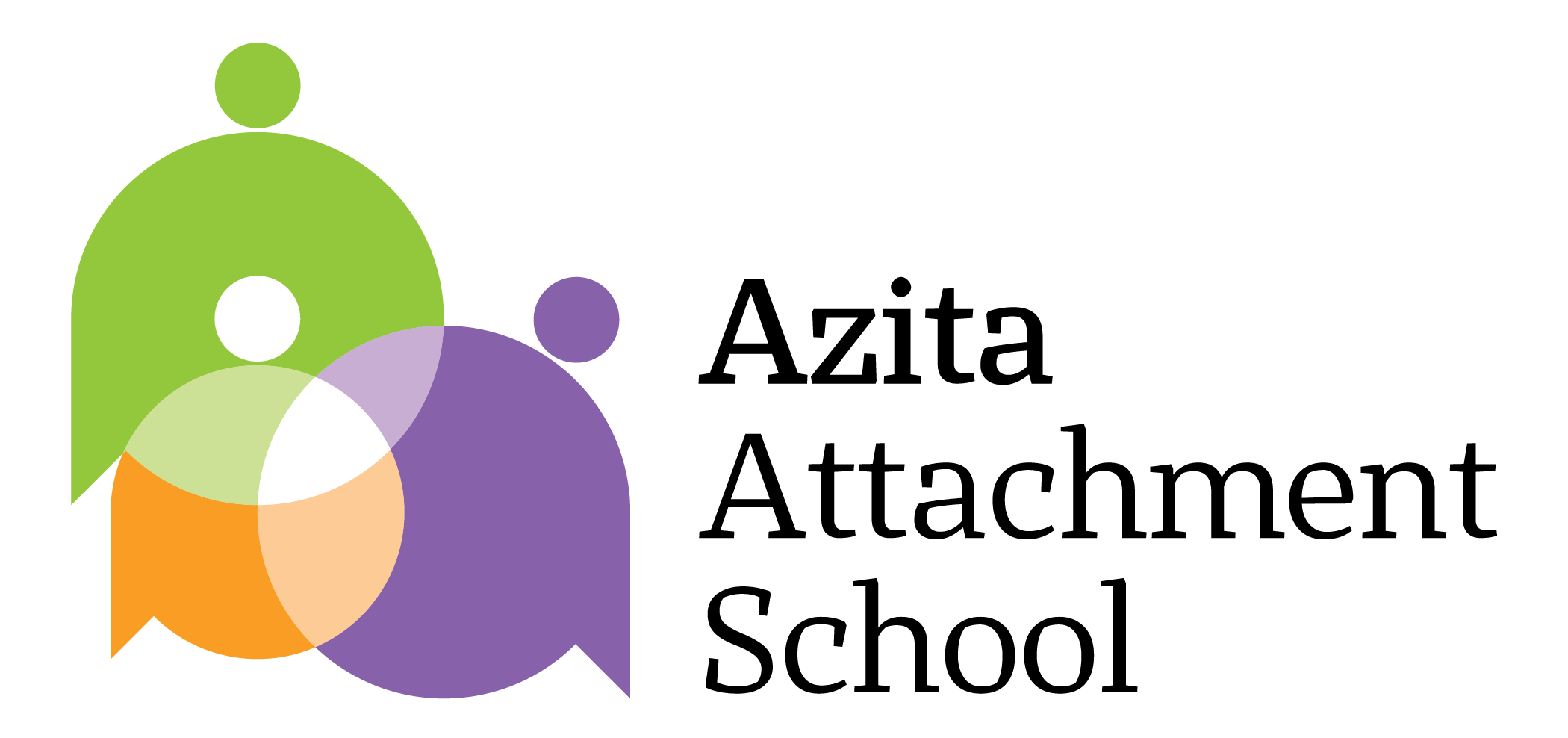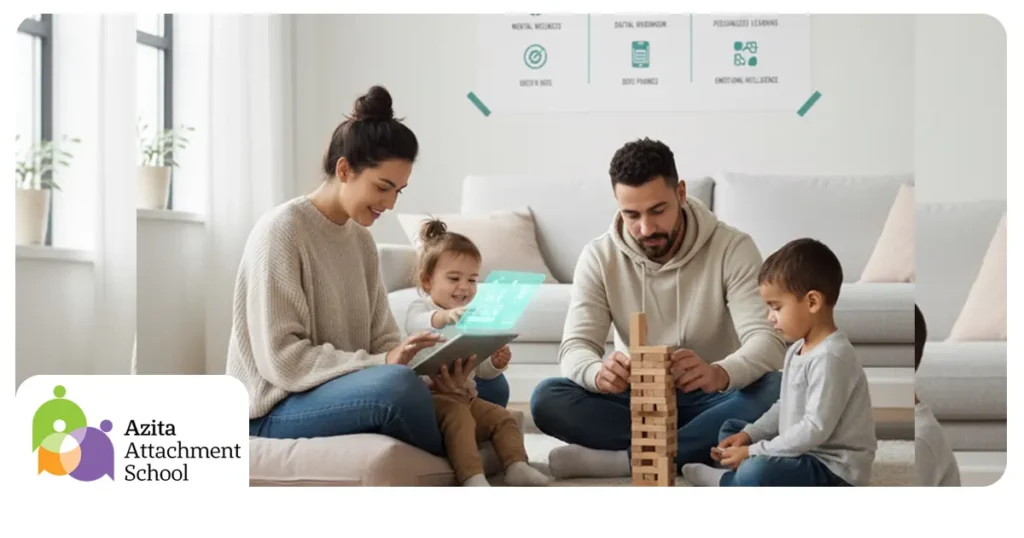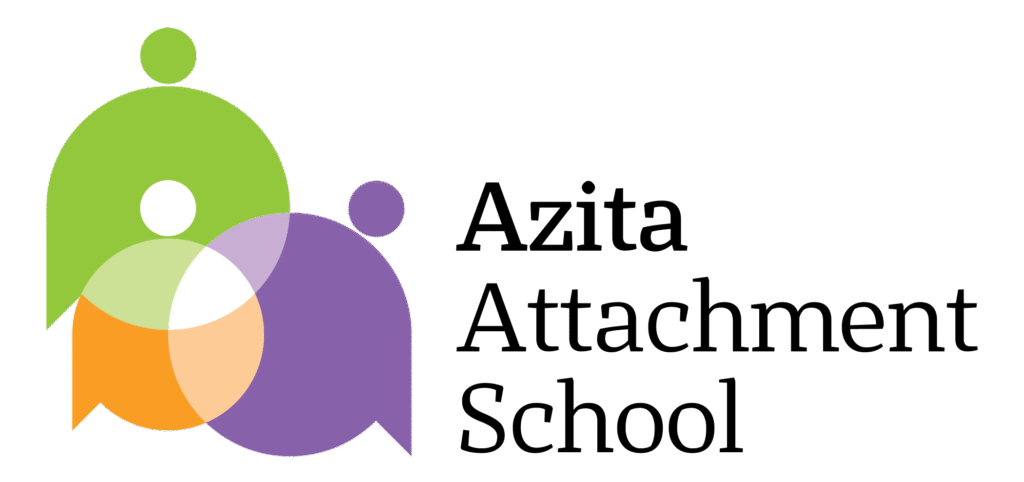Gen Z parents are reshaping modern parenting with empathy, technology, and emotional awareness. Learn the science, challenges, and tools for balancing connection and digital life.
Introduction
Generation Z born between the mid-1990s and early 2010s is entering parenthood.
They are the first generation to grow up digitally and now raise children digitally.
According to recent research (Parents.com 2025; Pew Research Center 2024), Gen Z parents value mental health, emotional openness, equality, and authenticity, but they also face new pressures financial insecurity, social media comparison, and digital fatigue.
How Gen Z Parenting Differs
Aspect | Older Generations | Gen Z Parents |
Authority | Parent as ruler | Parent as collaborator |
Technology | Occasional tool | Integral part of life |
Emotions | To be controlled | To be understood |
Time with Child | Quantity over quality | Quality over quantity |
Core Values | Discipline, achievement | Connection, empathy, well-being |
Research Highlights
- The74Million (2025): 68% of Gen Z parents learn parenting skills online.
- APA (2024): More emotional openness in Gen Z households.
- Frontiers in Psychology (2023): Gen Z parents favor coaching and gentle discipline over punishment.
- BBC Future (2024): They blend “Gentle Parenting” with “Emotion Coaching,” creating a hybrid model.
Strengths of Gen Z Parents
- Mental Health Awareness — Therapy is normalized.
- Emotional Intelligence — Parents talk about feelings openly.
- Transparency and Dialogue — They prioritize honest relationships.
- Equality — They challenge gendered parenting norms.
Challenges of Gen Z Parents
- Digital Burnout — Constant comparison online.
- Blurred Tech Boundaries — Unsure how much screen time is too much.
- Economic Stress — Rising costs increase parental anxiety.
- Modern Perfectionism — Unrealistic social media ideals.
Case Study
Niloofar, 29:
She followed parenting influencers and felt inadequate.
Her coach taught her that presence matters more than perfection.
Now she spends 15 minutes daily playing without screens.
“I thought parenting meant planning now I know it means being.”
Attachment-Based View
Attachment theory teaches that security comes from emotional availability, not rules.
If Gen Z parents balance digital presence with emotional presence, they can raise more securely attached children.
But when parents seek virtual validation, children may lose real-life connections.
Actionable Strategies
Device-free connection: 20 minutes daily.
Prioritize self-care and therapy.
Talk about tech instead of banning it.
Practice mindfulness with your child.
Model imperfection — apologize and repair.
Coaching Perspective
Modern parent coaching should emphasize:
- Emotional awareness
- Digital boundaries
- Behavioral consistency
The goal: move from reactive to responsive parenting.
Conclusion
Gen Z parents are transforming the idea of what it means to raise children.
They bring empathy, equality, and awareness but must protect their attention in a noisy world.
Parenting today isn’t about perfection; it’s about presence.
“Don’t be the perfect parent online be the real one at home.”
References
- com (2025). Gen Z Parenting Trends.
- Pew Research Center (2024). Parenting in the Digital Era.
- APA (2024). Parent–Child Communication Report.
- Frontiers in Psychology (2023). Attachment and Emotion Coaching in Modern Parenting.
- BBC Future (2024). The Rise of Gentle and Conscious Parenting.


